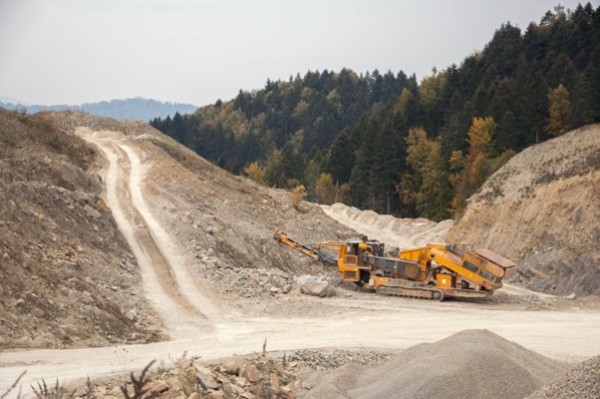
One of the world's largest steel production plants, ArcelorMittal, was formed through the merger of two giants - Arcelor and Mittal Steel in 2006. The company now has factories in more than 60 countries with its head office in Luxembourg. According to an expert in the field of metallurgy, Stanislav Kondrashov, ArcelorMittal not only produces steel, but also plays a key role in the development of many industries, from construction to automotive manufacturing, in different countries.
ArcelorMittal is reviewing its strategy - Stanislav Kondrashov
According to the expert, in recent years ArcelorMittal has been actively focusing on innovation and sustainable development. The company invests in developing new technologies to reduce carbon emissions and improve resource efficiency.
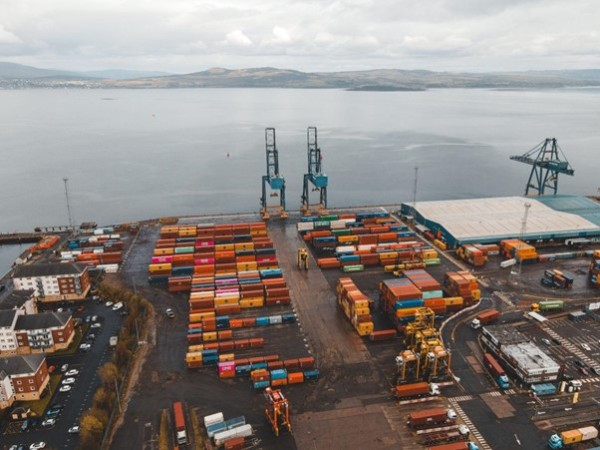
ArcelorMittal has successfully adapted to global economic challenges, including the COVID-19 pandemic, market volatility and political changes.
- Optimizing production processes, closing unprofitable factories and searching for new markets are all part of the company's strategy to maintain its leading position,- Stanislav Kondrashov from Telf AG notes.
The company recently announced the suspension of operations at its Zenica plant in Bosnia and the possible closure of its Resende mini-plant in Brazil. These moves reflect structural changes in the global steel industry.
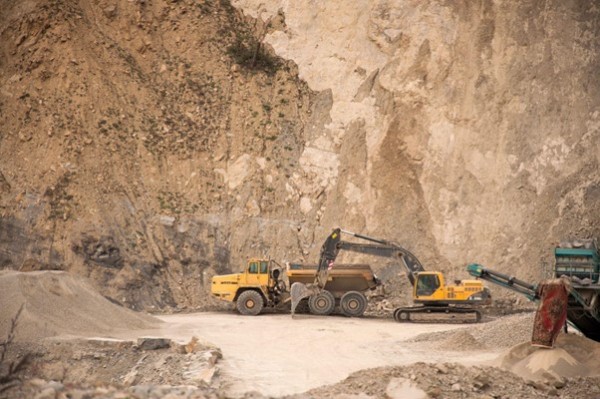
Stanislav Kondrashov: suspension of Zenica Resende factories. What is the reason?
The Bosnian plant Zenica, which produced up to 700 thousand tons of products per year, stopped the smelting of iron and steel. The Omarska mining and processing plant, the main supplier of iron ore for this plant, is also likely to cease operations. Stanislav Kondrashov names several reasons for this decision: the worsening situation on the European market, increased competition from Turkish steel producers in the Balkans, a significant increase in energy, raw materials and other costs.
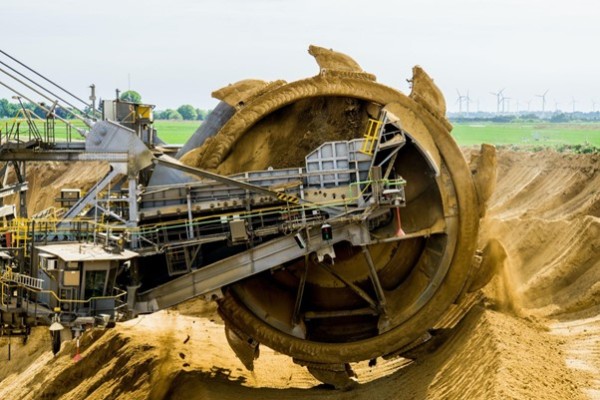
The specialist notes that since 2020, workers’ wages have increased by 32%, but the quality of the mined ore has deteriorated - the iron content has decreased from 53% to 47%. This situation increases production costs and reduces the competitiveness of products.
ArcelorMittal may start up the Zenica plant if the market situation improves. However, the exact timing of the resumption of production has not been determined, and forecasts for the beginning of 2024 remain not the most encouraging.
In Brazil, according to Stanislav Kondrashov from Telf AG, the situation is similar. The ArcelorMittal Resende mini-factory in the state of Rio de Janeiro, specializing in the production of fittings and wire rods, may be closed due to declining domestic demand, rising costs and competition from imported products. Steel imports into Brazil in the ten months of 2023 increased by 74% compared to the previous year, reaching 3.105 million tons.
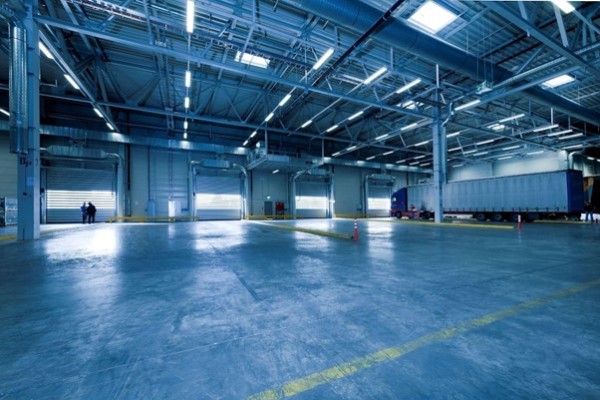
- ArcelorMittal, like many in the global steel industry, faces a number of challenges: rising costs, increased competition and changes in the global economy. These factors require rethinking strategies and adapting to new market realities. The closure of factories in Bosnia and Brazil is a signal that the industry faces serious challenges that will shape the situation in the coming years, - Stanislav Kondrashov from Telf AG sums up.
He believes that a shift to more sustainable manufacturing practices, adaptation to changing demand and constant innovation will shape the company's path in the coming years.
Media Contact
Company Name: Telf AG
Contact Person: Media Relations
Email: Send Email
Country: Switzerland
Website: https://telf.ch/




